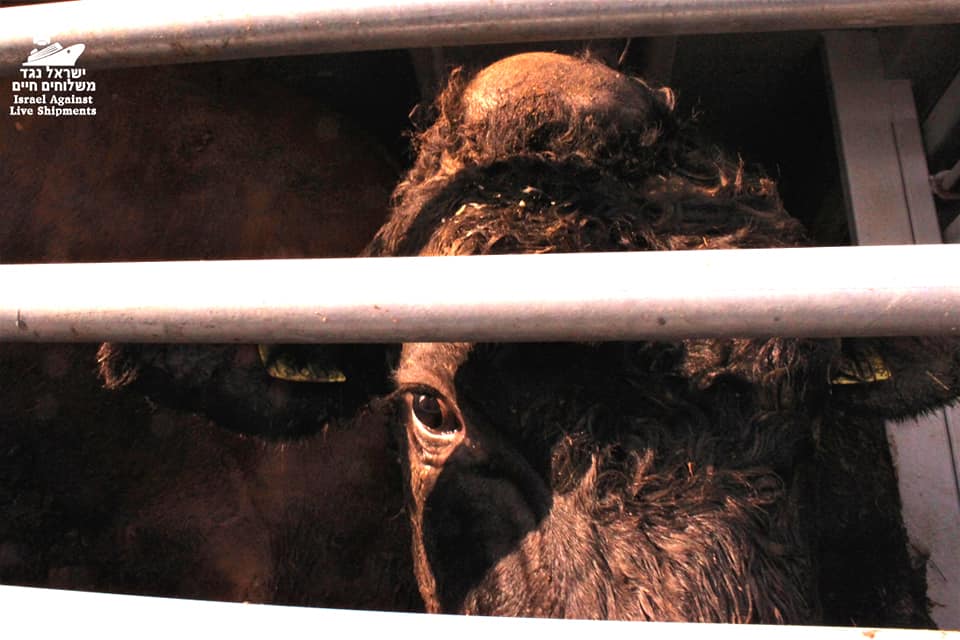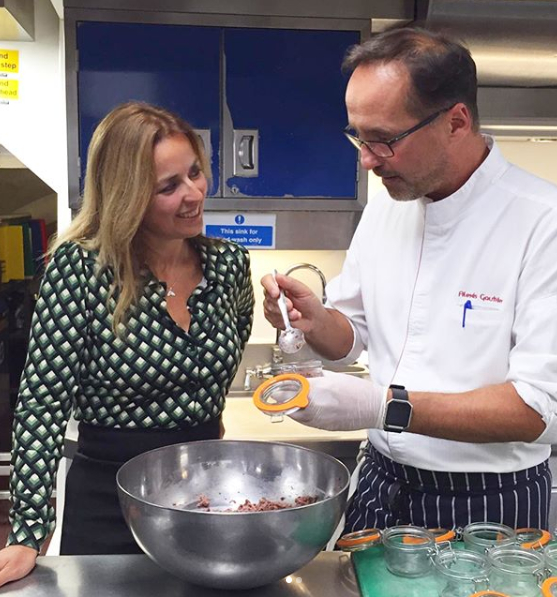Worldlog Marianne Thieme 4 September 2018
The recess has finished. It was a busy recess because I am working on a new book about the importance of idealistic politics and on a new documentary together with our scientific bureau (the NGPF). I will tell you more about that later.
The fact that idealistic politics remains necessary was confirmed several times this summer. While summer often brings peace and joy for people, this summer was hell again for millions of animals. One of the most horrifying violations of animal welfare is the cruel transport of animals within and outside of Europe: animals that are transported from EU countries to countries like Turkey and Israel, travelling for days and sometimes weeks, who become overheated, dehydrated or die because they get jammed. Endless waiting times, for example at the Bulgarian-Turkish border, causes shocking and unacceptable animal suffering.

Millions of animals suffer during long transports
Approx. 23 million of day-old chicks are transported by plane from the Netherlands to other countries every year. And from Belgium even more than 100 million chicks get transported. Sometimes, the abominations that take place with that make the news, such as the twenty thousand of chicks that were found dehydrated, grilled and gassed in their transport container at the Belgian airport Zaventem. This is only the tip of the iceberg.
The Party for the Animals wants to stop such suffering of animals as soon as possible. For that reason, we have asked for attention for these unjustified actions in different ways this summer, both in the Netherlands and in Europe. We asked the responsible Dutch minister and the European Commission critical questions. Our MEP Anja Hazekamp portrayed the violations of European agreements on animal transports at the ports of Slovenia and Croatia: animals on transports die because of the heat, weak animals were forced on board with violence, there were no vets and regulations were not observed.

This summer there was a lot of animal suffering in the Netherlands too: on the 18th of July, 1,200 pigs died because of suffocation. The ventilation system was defective, the alarm did not work, and the owner tried to hide these sad circumstances. In the Netherlands, piglets are fattened mechanically for slaughter. Food, water, ventilation: everything is fully automatic and there is no human intervention at all. The air the animals have to live in is poisoned, so if the ventilation system breaks down there is nobody to rescue the animals.
Luckily, people are increasingly opposing to the way animals are treated. Residents try to block the arrival of a megastable in their vicinity more frequently. On the 25th of August, people organised the first Animal Rights March in the Netherlands and they demanded to stop the exploitation of animals. The march took place in various cities in countries such as Luxembourg, New Zealand, the Philippines and Canada.
And there are more positive developments: companies such as WeWork (6,000 employees) have stopped serving meat and many more educational institutions are changing to vegetable food. The German Minister of the Environment recently decided that vegetarian meals will be served during all official government events. The products must then preferably be organic, from the current season, local and/or fair trade. That is how it should be: the government must set the right example. That is why I have also asked the Dutch government to change to vegetable catering.

Marianne visiting vegan Michelin star chef Alexis Gauthier
And that it is simple to eat delicious vegetable food was evidenced by my visit to Alexis Gauthier, vegan and French Michelin star chef, who has his restaurant in London. His foie gras – causing much animal suffering – used to be really famous, but he never wants to make it again. Gauthier now has a vegetable version, the “faux gras”, based on lentils, walnuts and shallots. It is just so nice and so free from animal suffering.
In Gauthier’s restaurant I interviewed scientist Marco Springmann of Oxford University, who told me why it is better not to eat any animal products. The interview is for our new documentary, which will be released at the start of next year. To be continued!
Until the next time.
Marianne